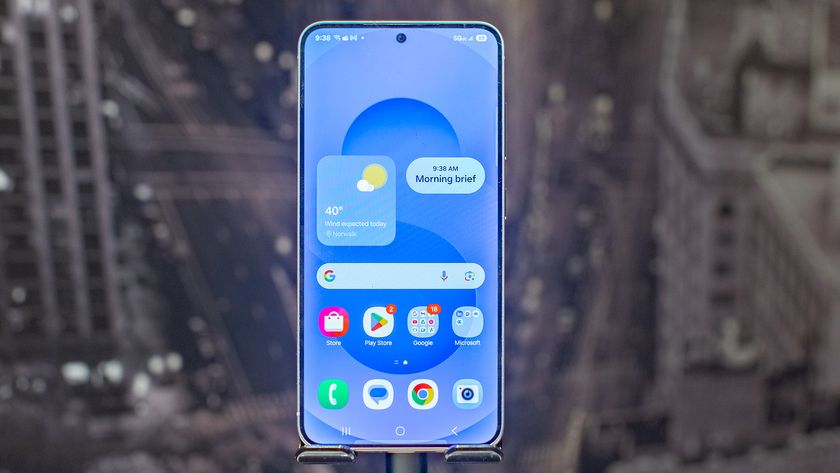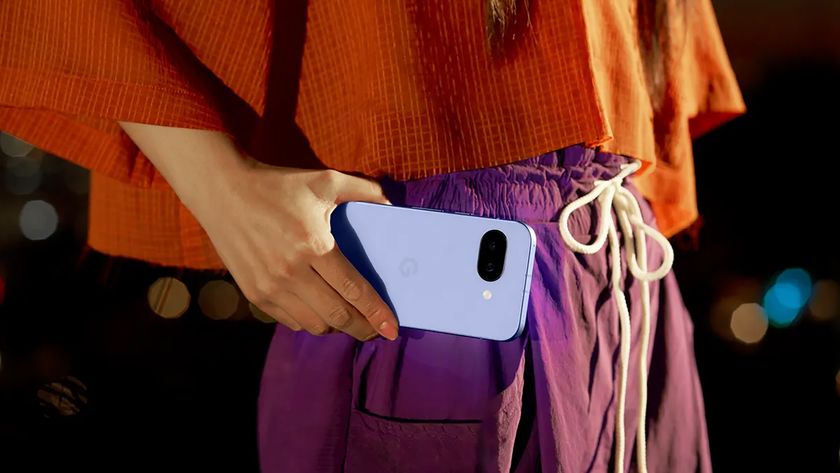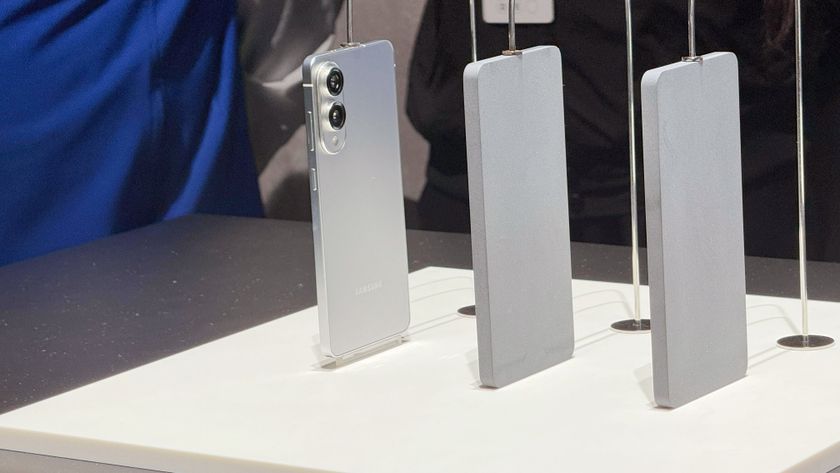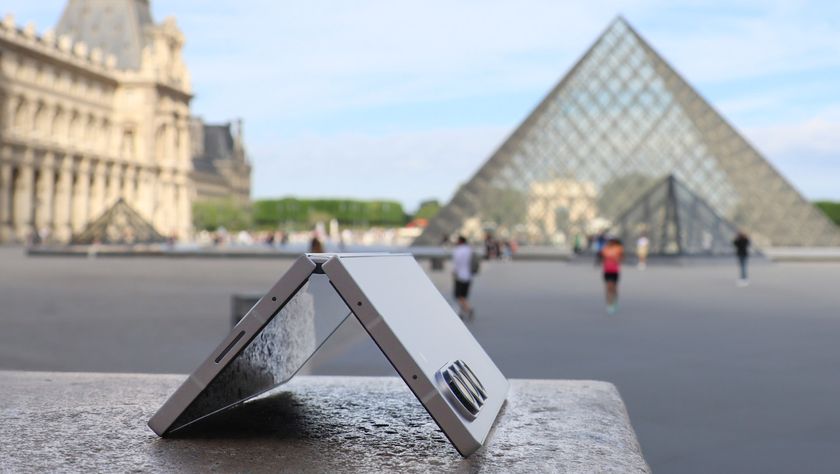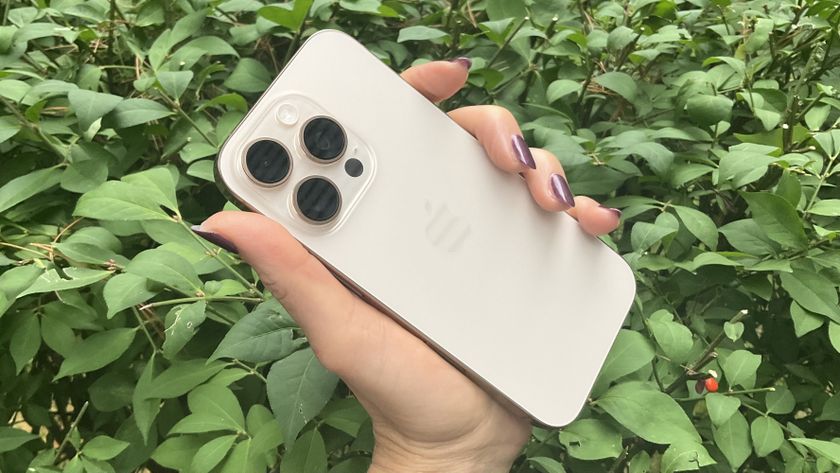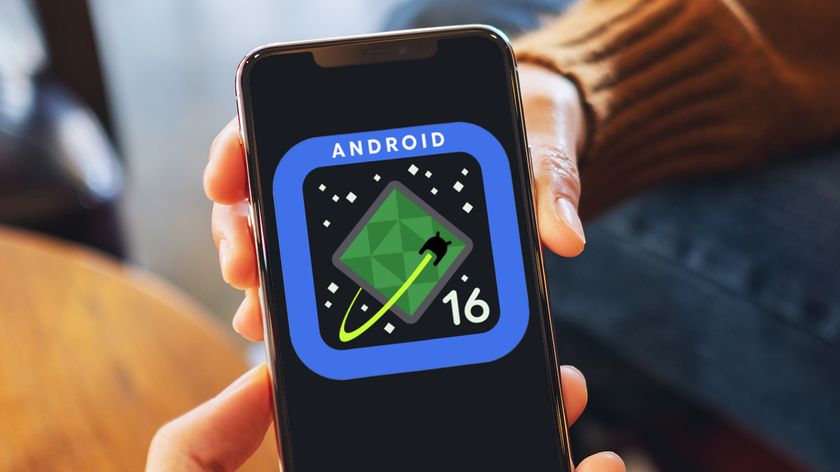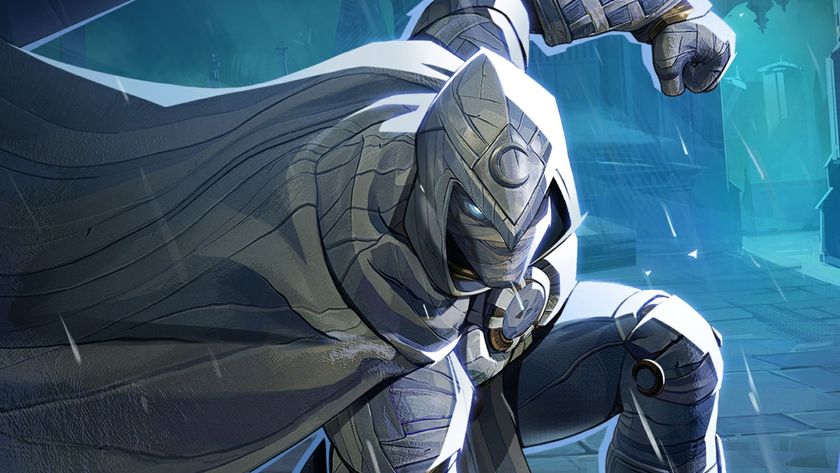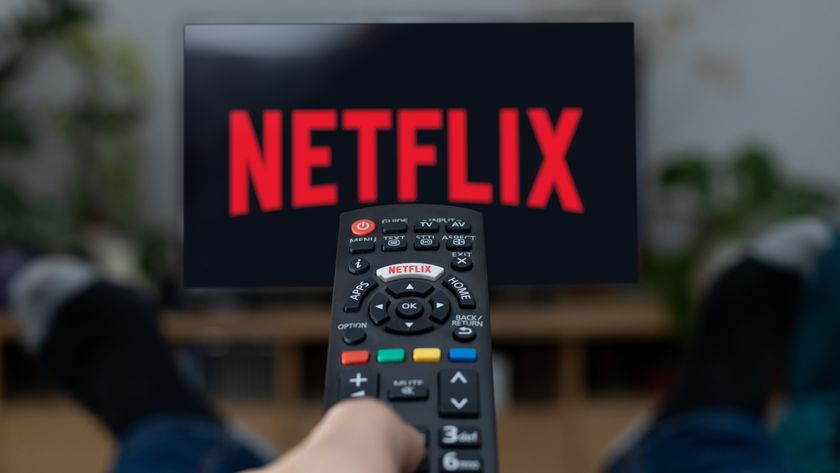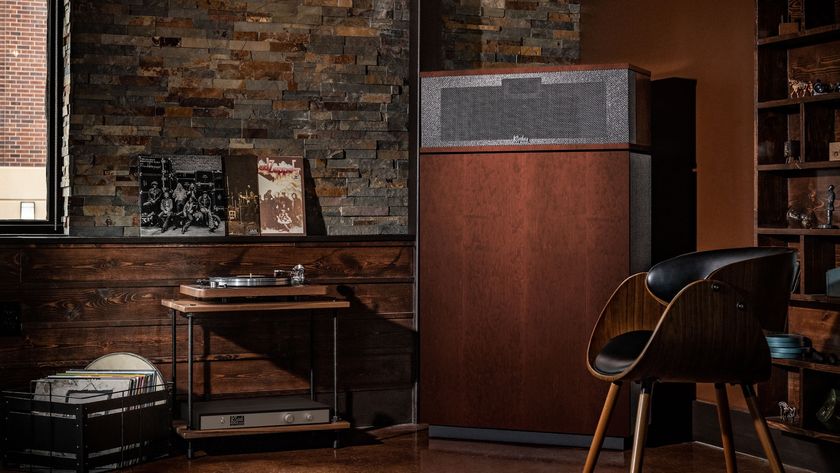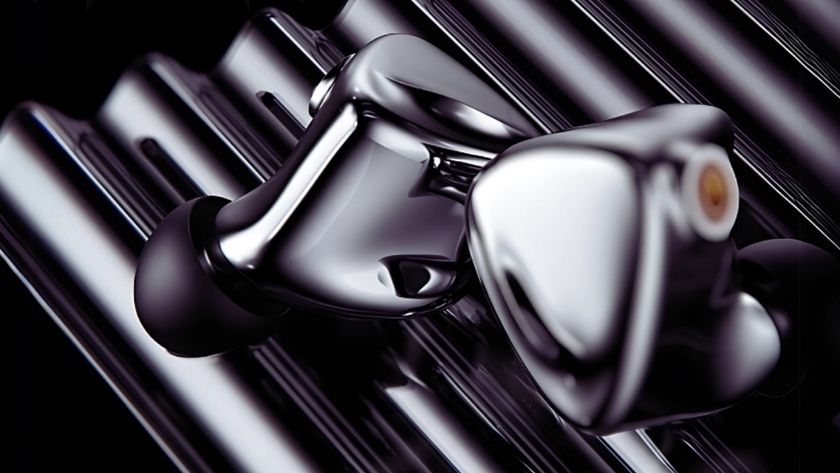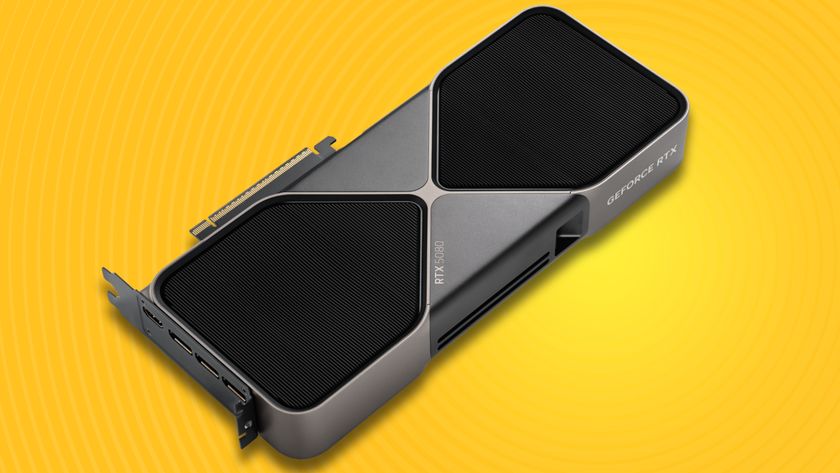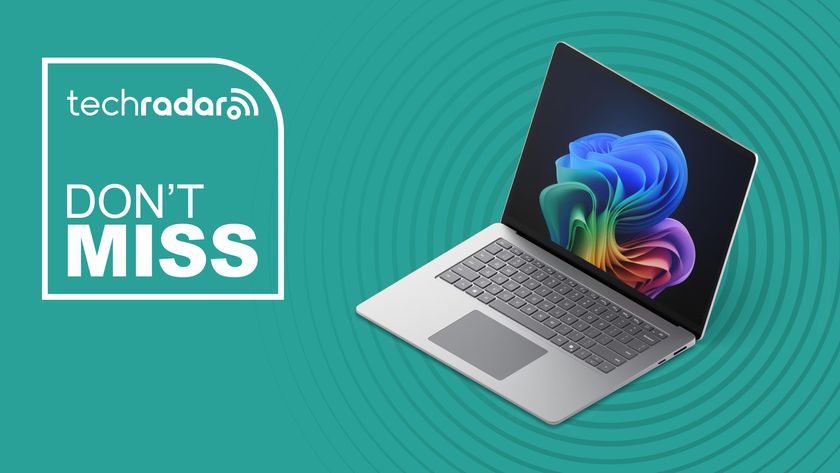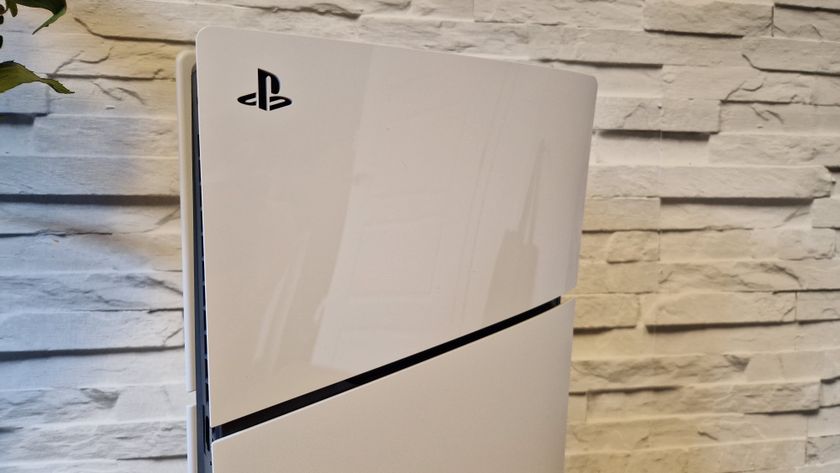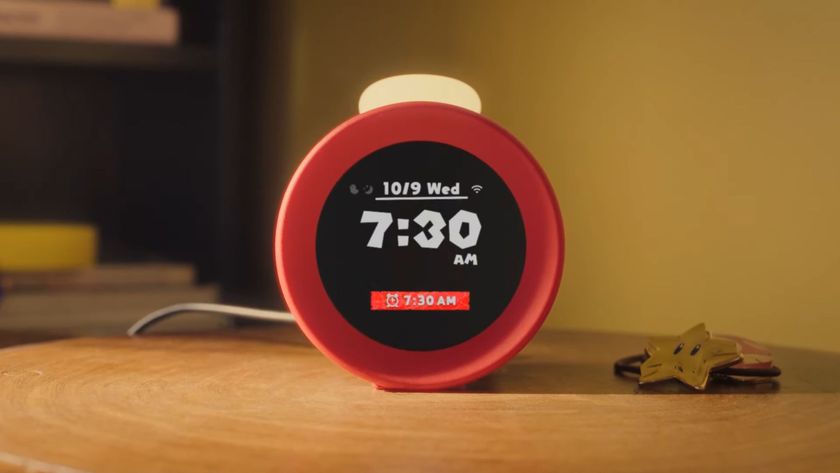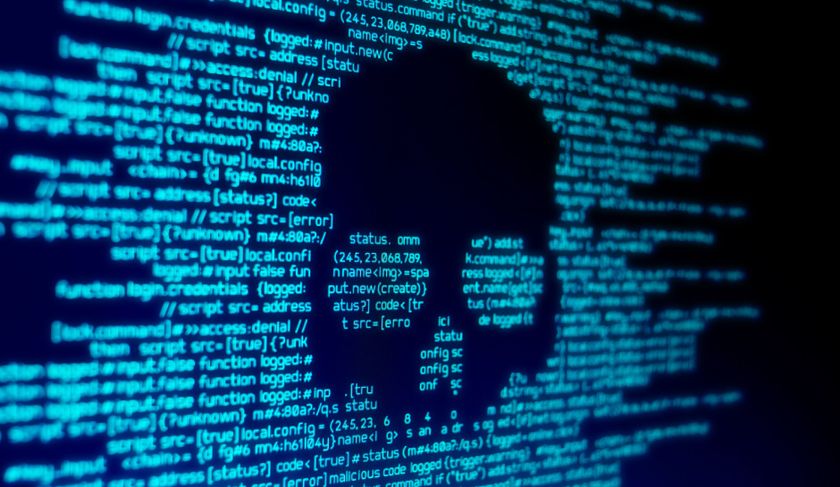Why 5G will be far more life-changing than you think
It's not just faster – it's going to make everything awesome
What 5G means for gadgets
The triple whammy of 5G – faster connections, low latency and lower power requirements – will make a huge difference to our devices, and not just because we'll be able to stream 4K more smoothly.
Video is the biggie, of course. The demands of 4K streaming, augmented reality, virtual reality and 360-degree video – the 'killer app' for 5G, according to Mark Zuckerberg – are hefty, but 5G should cope with ease.
On top of that, though, the low latency of 5G means that applications such as AR would have real-time data to overlay on the world, which is exciting in a 'Batman Detective Mode' kind of way for future sunglasses or spectacles
5G could also be really great at sporting events, enabling you to watch from the other side of the stadium if that has a better view.
The new connection will change TV too, replacing not just broadcast TV but also satellite and cable. Instead of channels, we'll have apps – and those apps will be wherever we are, on whatever device we happen to have handy.
We're seeing that shift already, of course, but 5G will accelerate it: video already accounts for 55% of mobile data use, and it's expected to hit 75% by 2020.

But 5G isn't just great for Netflix. Beyond video, all kinds of interesting things will happen – and one of the most interesting is device-to-device communication, or D2D for short.
Get daily insight, inspiration and deals in your inbox
Sign up for breaking news, reviews, opinion, top tech deals, and more.
That's when devices talk to one another without going through a third party – think Apple's AirDrop or Android's NFC, but on a much wider scale. Your phone might talk to traffic lights or nearby vehicles, or just to your friends' devices, working out the most efficient way to get you where you want to be and rerouting you accordingly.
Inevitably it'll also be used to annoy you with ads and transmit malware, but the potential for proximity-based services that don't require manual pairing is enormous.
Wouldn't it be great if your smartphone could access a city's various sensors to help you avoid congestion or pollution, or just find the shortest bar queue at an outdoor event?
And, of course, 'devices' won't just be limited to smartphones. Lower-power wireless networks mean smaller devices: sensors of all kinds, wearables, implantables and maybe even the fabled smart clothes we've been hearing about for years, all connected to virtual personal assistants that make the likes of Siri and Cortana seem prehistoric.
It's all exciting stuff, but what's even more exciting is that we don't know what will emerge when this level of connection becomes widespread, any more than we could have predicted SMS, Kanye West's tweets or people filming gigs on their phones.
We tend to see the future through the prism of the present – as Henry Ford famously remarked, if he'd asked people what kind of transport they wanted before he started making cars they'd have said "a faster horse" – and that means we haven't the faintest idea of what 5G's killer app or apps will turn out to be.
I can't wait to find out.
Writer, broadcaster, musician and kitchen gadget obsessive Carrie Marshall has been writing about tech since 1998, contributing sage advice and odd opinions to all kinds of magazines and websites as well as writing more than a dozen books. Her memoir, Carrie Kills A Man, is on sale now and her next book, about pop music, is out in 2025. She is the singer in Glaswegian rock band Unquiet Mind.
